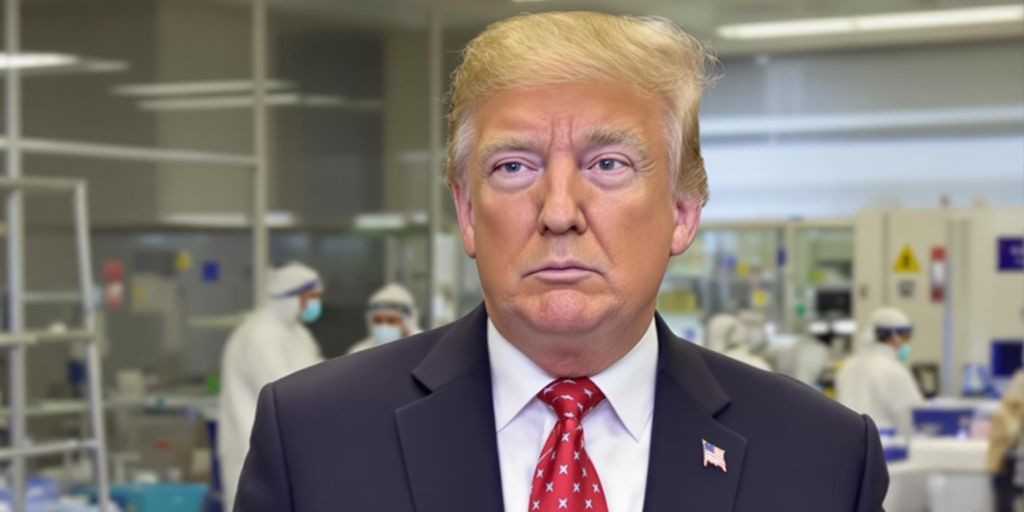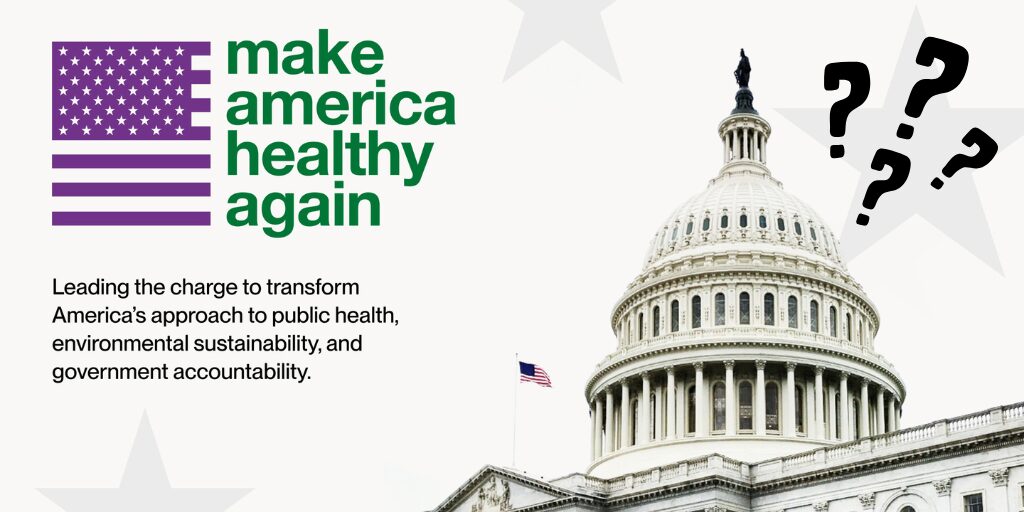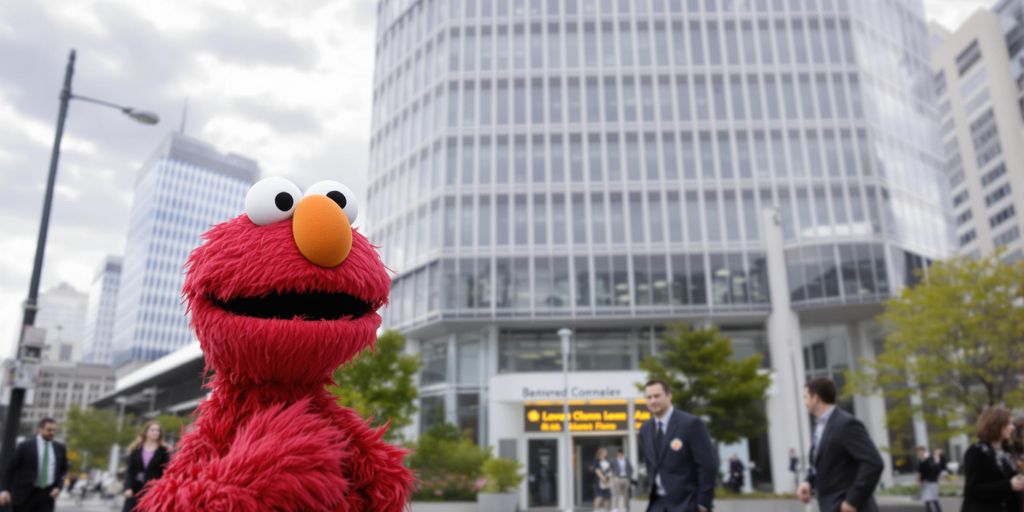Recently, the Department of Health and Human Services (HHS) took significant steps to curtail funding for gain-of-function research, a topic that has sparked intense debate. This move comes after the EcoHealth Alliance, a nonprofit organization, was banned from receiving federal funds for five years due to its involvement in controversial experiments that were not properly reported. As the implications of these actions unfold, the conversation around the safety and oversight of such research continues to grow.
Key Takeaways
- HHS has prohibited EcoHealth Alliance from federal funding due to failure to report dangerous gain-of-function experiments.
- The decision reflects broader concerns about the safety of gain-of-function research, especially in light of its potential links to COVID-19.
- Political reactions show a mix of support for these funding cuts while also criticizing past funding practices for lack of oversight.
Government Actions Against Gain-of-Function Research
HHS Bans EcoHealth Alliance from Federal Funding
So, the Department of Health and Human Services (HHS) has officially barred EcoHealth Alliance and its former president, Peter Daszak, from getting any federal funding for the next five years. This is a pretty big deal. Apparently, they didn’t report some potentially risky gain-of-function research experiments to the government, which is a major no-no. HHS thinks this five-year ban is needed to protect the government’s interests.
EcoHealth Alliance, based in Manhattan, and Daszak got a letter from HHS explaining the decision. The House Oversight Committee’s Select Subcommittee on the Coronavirus Pandemic had been digging into EcoHealth’s research with bat viruses at the Wuhan Institute of Virology in China, especially what happened before the COVID-19 outbreak. They found that EcoHealth Alliance and Daszak didn’t follow the rules multiple times. Back in May, HHS already stopped all federal grants to EcoHealth Alliance and told Daszak they were thinking about this ban. In 2019, EcoHealth Alliance and Daszak even got over $4 million from an NIH grant for a project called “Understanding the Risk of Bat Coronavirus Emergence.” That grant got suspended in April 2020. Then, in October 2021, NIH said EcoHealth Alliance broke the rules by doing gain-of-function research – changing bat coronaviruses to make them way more infectious for lab mice – and not telling NIH about it.
Controversies Surrounding Gain-of-Function Experiments
Link to COVID-19 Origins
Okay, so gain-of-function research is already a bit of a hot topic, but things got really intense when people started wondering if it had anything to do with how COVID-19 started. The idea is that some of this research, which involves making viruses more infectious or dangerous to study them better, might have accidentally led to the virus getting out into the world.
It’s a complicated situation because scientists use gain-of-function to try and get ahead of potential pandemics. They want to understand how viruses could evolve so we can develop treatments and vaccines faster. But, if something goes wrong, the consequences could be pretty bad. Like, global pandemic bad. The EcoHealth Alliance, for example, got some serious heat after it came out that they were doing research on bat coronaviruses with funding from the NIH. Some folks think that their work might have played a role in the pandemic, which is why the whole thing is so controversial.
Public Safety Concerns
Beyond the whole COVID-19 origin story, there are just general worries about how safe this kind of research is. I mean, you’re messing with really dangerous stuff, right? Even if the scientists are super careful, there’s always a chance of an accident. A lab leak could happen, or someone could get infected and spread it around.
Here’s a few of the main worries:
- Accidental Release: Labs aren’t perfect. Mistakes happen, and sometimes dangerous stuff gets out.
- Dual-Use Research: The same research that could help us fight diseases could also be used to create bioweapons. That’s a scary thought.
- Ethical Issues: Is it okay to mess with viruses and potentially create something that could cause a pandemic, even if it’s for the sake of research? It’s a tough question.
And it’s not just about labs in the US. Some of this research is happening in other countries with different safety standards. That adds another layer of risk. Like, the Wuhan Institute of Virology was doing some pretty intense stuff with coronaviruses, and there are questions about how safe their lab practices were. So, yeah, public safety is a big concern when it comes to gain-of-function research.
Political Reactions to Research Funding Cuts
Support from Lawmakers
News of the funding cuts and the debarment of EcoHealth Alliance has been met with considerable support from certain lawmakers. Many feel this is a necessary step to ensure accountability and prevent future incidents. Representative Comer, for example, stated that the debarment was a victory for taxpayers, American national security, and global citizen safety. He emphasized that EcoHealth Alliance should never again receive taxpayer money, given the concerns around gain-of-function research and the potential origins of COVID-19. This stance reflects a broader sentiment among some politicians who believe stricter oversight and preventative measures are crucial to safeguard against potential lab-related incidents.
Criticism of Previous Funding Practices
There’s been a lot of criticism about how research was funded before. Some people are saying that the old system wasn’t careful enough and that money was going to projects that were too risky. The decision to cut funding is seen by some as a way to fix these problems and make sure that research is done more safely and responsibly in the future. Basically, the argument is that we need to be more careful about where our money goes and what kind of research we’re supporting. It’s like saying, “We messed up before, but we’re learning from our mistakes.”
Final Thoughts on the Defunding Decision
In the end, Trump’s move to cut funding for EcoHealth Alliance and its former president is a big deal. It raises questions about how we handle research that could be risky. Many people are relieved, thinking this will help keep us safer from future pandemics. But others worry about the impact on scientific research and collaboration. As this situation unfolds, it’s clear that the debate over gain-of-function research isn’t going away anytime soon. The balance between scientific progress and public safety is delicate, and finding that balance will be crucial moving forward.
Frequently Asked Questions
What is gain-of-function research?
Gain-of-function research involves experiments that make viruses stronger or more infectious. This type of research is done to understand how viruses might evolve and to help develop vaccines.
Why did the government ban EcoHealth Alliance from receiving funding?
The government banned EcoHealth Alliance because they did not report dangerous experiments they conducted. This lack of communication raised safety concerns about the potential risks of their research.
What are the risks of gain-of-function research?
The main risk of gain-of-function research is that it could lead to the creation of more dangerous viruses. If these viruses escape the lab, they could cause outbreaks, as was suspected with COVID-19.




